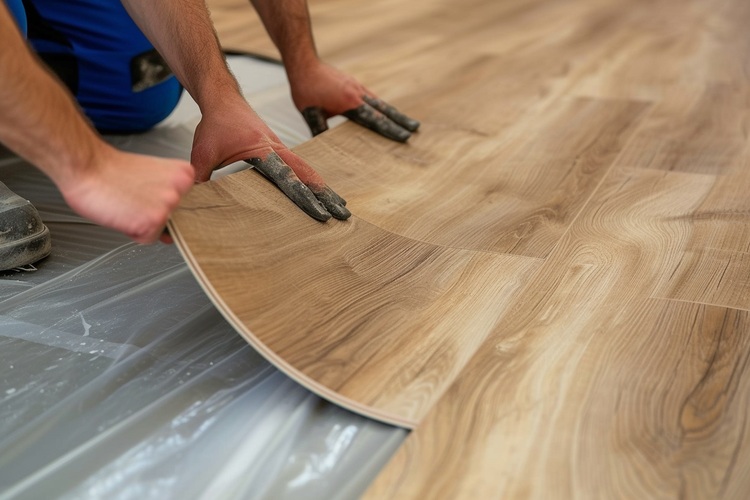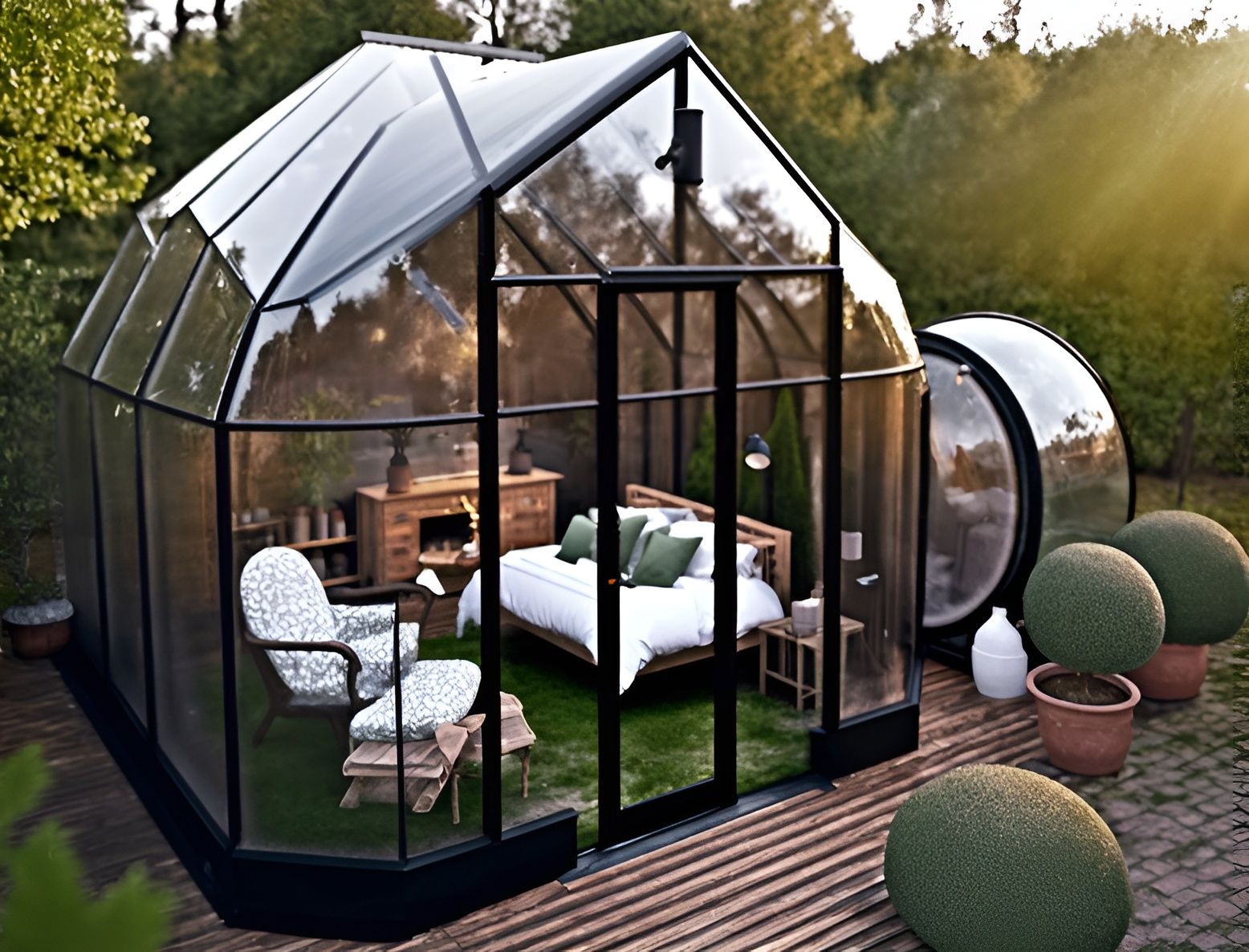Mini Boats for Sale: Your Complete Guide to Small Watercraft
Exploring the world of mini boats opens up exciting possibilities for water enthusiasts looking for portable, affordable watercraft options. These compact vessels offer the joy of boating without the maintenance demands and storage challenges of larger boats, making them increasingly popular among recreational boaters, anglers, and families seeking accessible water adventures.

Mini boats represent one of the most accessible entry points into the boating world, combining affordability, portability, and ease of use into compact watercraft designs. These smaller vessels have gained significant popularity among recreational boaters, fishing enthusiasts, and families looking for convenient water adventures without the complexities of larger boat ownership. Whether you’re seeking a lightweight fishing platform or a fun weekend cruiser, the mini boat market offers diverse options to match various needs and budgets.
What Are Mini Boats and Their Key Features?
Mini boats typically range from 6 to 14 feet in length, designed with simplicity and functionality in mind. These compact vessels come in various styles including jon boats, inflatable boats, small pontoons, and miniature runabouts. Most mini boats feature lightweight construction using materials like aluminum, fiberglass, polyethylene, or heavy-duty PVC for inflatables. Their smaller size offers several advantages, including minimal maintenance requirements, easier transportation, and simpler storage solutions compared to conventional watercraft.
Key features often include shallow draft capabilities allowing access to waters larger boats cannot reach, electric or small outboard motor compatibility, and designs that prioritize stability over speed. Many modern mini boats incorporate clever storage solutions, comfortable seating options, and even fishing-specific features like rod holders and livewells, all packed into their compact frames.
Where to Find Quality Mini Boats for Sale
The market for mini boats has expanded significantly, with numerous retail channels available to prospective buyers. Marine dealerships specializing in smaller watercraft often carry a selection of mini boats, providing opportunities for in-person inspection and professional guidance. Online marketplaces like Boat Trader, BoatCrazy, and Facebook Marketplace feature extensive listings of both new and used mini boats, often at competitive prices.
Specialty outdoor retailers like Bass Pro Shops, Cabela’s, and West Marine typically stock various mini boat models, particularly those designed for fishing applications. For budget-conscious buyers, boat shows and end-of-season sales present excellent opportunities to find discounted models, while the secondhand market through classified ads and boating forums can yield particularly good value for those willing to purchase used vessels.
How to Choose the Right Mini Boat for Your Needs
Selecting the ideal mini boat begins with defining your primary intended use. Fishing enthusiasts should prioritize stability, casting platforms, and specialized features like livewells and rod storage. Day cruisers might focus more on comfortable seating, sun protection options, and perhaps small cabin facilities if available in larger mini boat models.
Water conditions play a crucial role in selection—protected waters like small lakes and slow-moving rivers accommodate almost any mini boat style, while rougher conditions require more robust hull designs with higher freeboards and better wave-handling capabilities. Weight capacity represents another critical consideration, as mini boats have strict limitations on passenger count and gear weight that must be respected for safety.
Portability requirements should factor heavily into your decision. If you plan to transport your boat frequently, consider weight, dimensions when trailered or stored, and whether specialized equipment like boat lifts or trailers will be necessary. Some ultralight mini boats can be transported on standard roof racks or even in pickup truck beds, offering maximum convenience.
Understanding Mini Boat Pricing and Value Comparisons
The mini boat market spans a wide price range depending on construction materials, features, and brand reputation. Entry-level inflatable mini boats typically start around $500-$1,000, while rigid hull mini boats generally begin at $1,500-$3,000 for basic models. Premium mini boats with advanced features, higher-quality construction, and recognized brand names can range from $5,000 to $15,000 or more.
| Mini Boat Type | Average Price Range | Key Features | Popular Models |
|---|---|---|---|
| Inflatable Mini Boats | $500-$2,500 | Portable, lightweight, easy storage | Sea Eagle, Intex, Saturn |
| Jon Boats (10-12 ft) | $1,000-$3,000 | Stable, utilitarian, fishing-friendly | Alumacraft, Tracker, Lowe |
| Polyethylene Mini Boats | $1,500-$4,000 | Durable, maintenance-free, stable | Sun Dolphin, Lifetime, Pelican |
| Fiberglass Mini Runabouts | $3,000-$10,000 | Better performance, traditional look | Boston Whaler, Carolina Skiff |
| Mini Pontoons | $5,000-$15,000 | Maximum stability, comfort, features | Pond King, Paddle King, Gillgetter |
Prices, rates, or cost estimates mentioned in this article are based on the latest available information but may change over time. Independent research is advised before making financial decisions.
When evaluating mini boat value, consider not just the purchase price but also ongoing costs. Operating expenses tend to be significantly lower than larger boats, with modest fuel consumption for small outboard motors or minimal electricity costs for electric propulsion. Registration fees vary by location but are typically based on length, making mini boats considerably less expensive to register than larger vessels. Insurance costs also remain modest, with annual premiums often between $100-$300 depending on coverage levels and boat value.
Essential Maintenance Tips for Mini Boat Owners
Proper maintenance extends the life of any mini boat and ensures safe operation. For rigid hull mini boats, regular cleaning with appropriate boat soap prevents buildup of grime, while periodic waxing protects against UV damage and environmental factors. Inflatable mini boats require special attention to prevent punctures, including careful storage away from sharp objects and application of protective treatments to resist UV deterioration.
Engine maintenance follows similar principles regardless of boat size—regular oil changes, proper winterization in cold climates, and freshwater flushing after saltwater use remain essential practices. Electrical systems, though typically simpler on mini boats, still require inspection for corrosion and secure connections, particularly for boats with electric motors, fish finders, or navigation lights.
Storage considerations prove especially important for mini boats. Indoor storage offers the best protection, but if outdoor storage is necessary, a quality cover designed specifically for your model provides crucial protection against sun damage, precipitation, and debris. For inflatable models, complete deflation, thorough drying, and storage in a cool, dry place extends their service life considerably.
Safety Considerations and Legal Requirements
Despite their smaller size, mini boats must comply with boating regulations and safety requirements. Most jurisdictions require registration for motorized vessels regardless of size, though specific rules vary by location. Personal flotation devices (PFDs) remain mandatory safety equipment for all passengers, with additional requirements potentially including navigation lights, sound-producing devices, and fire extinguishers depending on boat size and local regulations.
Operating limitations deserve serious consideration—mini boats generally have lower weight capacities, reduced stability in rough conditions, and less freeboard (distance between waterline and deck) than larger vessels. Understanding and respecting these limitations prevents dangerous overloading situations. Weather awareness becomes particularly critical for mini boat operators, as smaller craft are more vulnerable to changing conditions and should avoid open water when adverse weather threatens.
For new mini boat owners, boating safety courses provide essential knowledge about navigation rules, emergency procedures, and proper seamanship—with many courses available online or through local boating organizations. These educational resources help ensure that your mini boating adventures remain both enjoyable and safe for everyone aboard.




